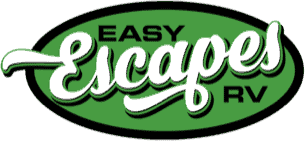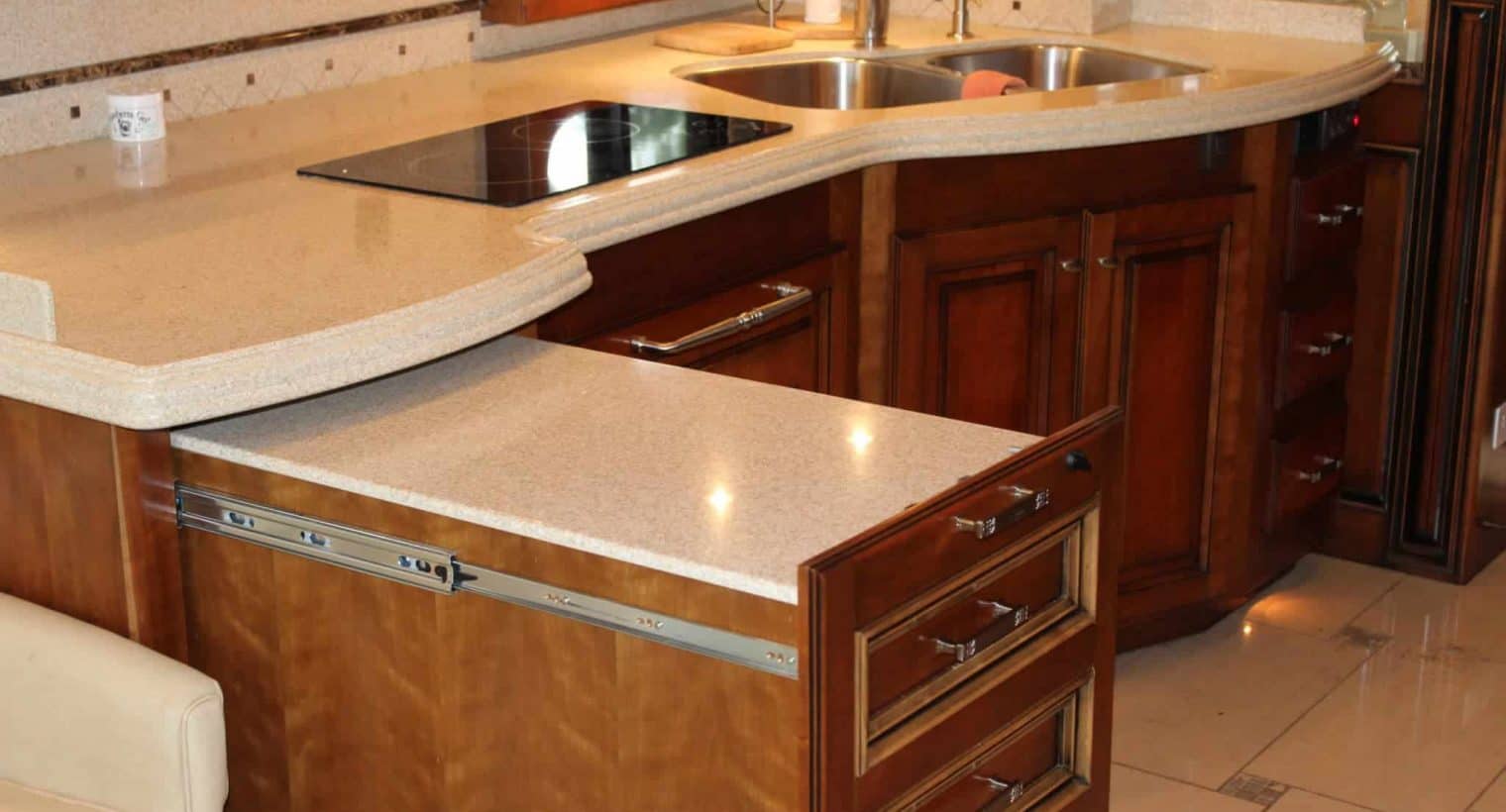As you plan for your upcoming summer RV trips, don’t forget to consider kitchen and meal preparation during the planning process. You can reduce the chance of summer RV dining dilemmas by following these important pieces of advice.
Summer RV Kitchen Preparation
- If you have any canned foods stored in your RV, check the expiration dates. Also consider if the food has been exposed to extreme temperature changes (hot or cold) while stored. If so, it’s best to toss the cans and stock up on new ones.
- Be sure you have extra coolers and ice packs for any perishable food items if you plan eat or cook outside of your RV. Keep your cooler in the shade when storing perishable foods outdoors and open it only when necessary.
- Keep rice, cereals, and pasta in resealable food storage bags or airtight plastic containers so that these foods stay fresh and free of insects.
- Thoroughly clean all RV kitchen countertops with a non-toxic countertop spray such as Mrs. Meyer’s Clean Day Basil Multi-Surface Everyday Spray, wipe out your pantry, and wipe off dining surfaces.
- Clean the inside of your refrigerator and set the thermostat to the correct temperature (it should be set below 40 degrees).
- Some RV parks may not have the proper voltage requirements for your appliances, which can cause issues. Use a volt checker to monitor the power — this will help protect appliances from surges and drains due to power fluctuations.
- Bring along a selection of nonperishable items from each of the five food groups; such as peanut butter in small plastic jars, packages of beef jerky, powdered milk, and dried fruits or nuts.
- Pack a food thermometer, particularly if you plan to cook over an open fire or on a camping stove. Cook hamburgers to 160°F, chicken to 180°F and hot dogs and leftovers to 165°F. Don’t forget to clean the thermometer between uses.
- Bring eco-friendly cleaning supplies for washing dishes. Use biodegradable soap and wash dishes at your summer RV campsite, away from any natural waterways.
- Always use bottled water for cooking and drinking, particularly if you plan to stay at remote RV camping areas.
- Pack out all kitchen trash and dispose of it properly. Follow the “Leave No Trace” principles.
Have some of your own summer RV kitchen safety suggestions you’d like to share based on experience? Be sure to like the Easy Escapes RV Facebook Page and share any helpful tips by commenting on our posts.


